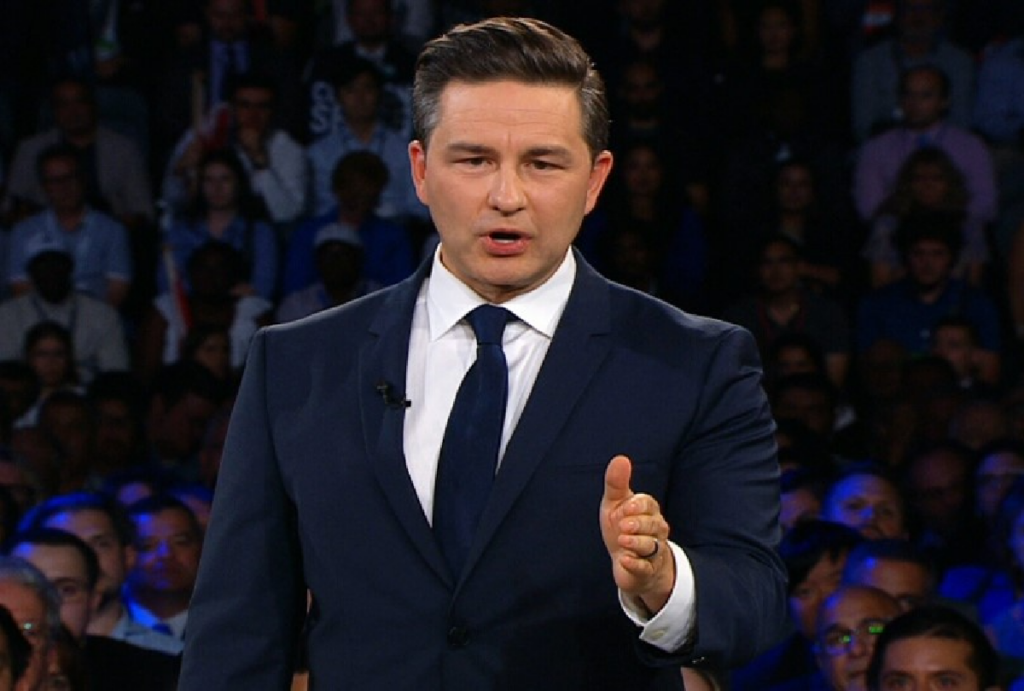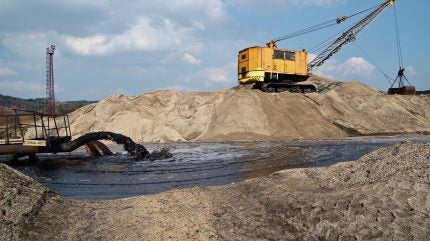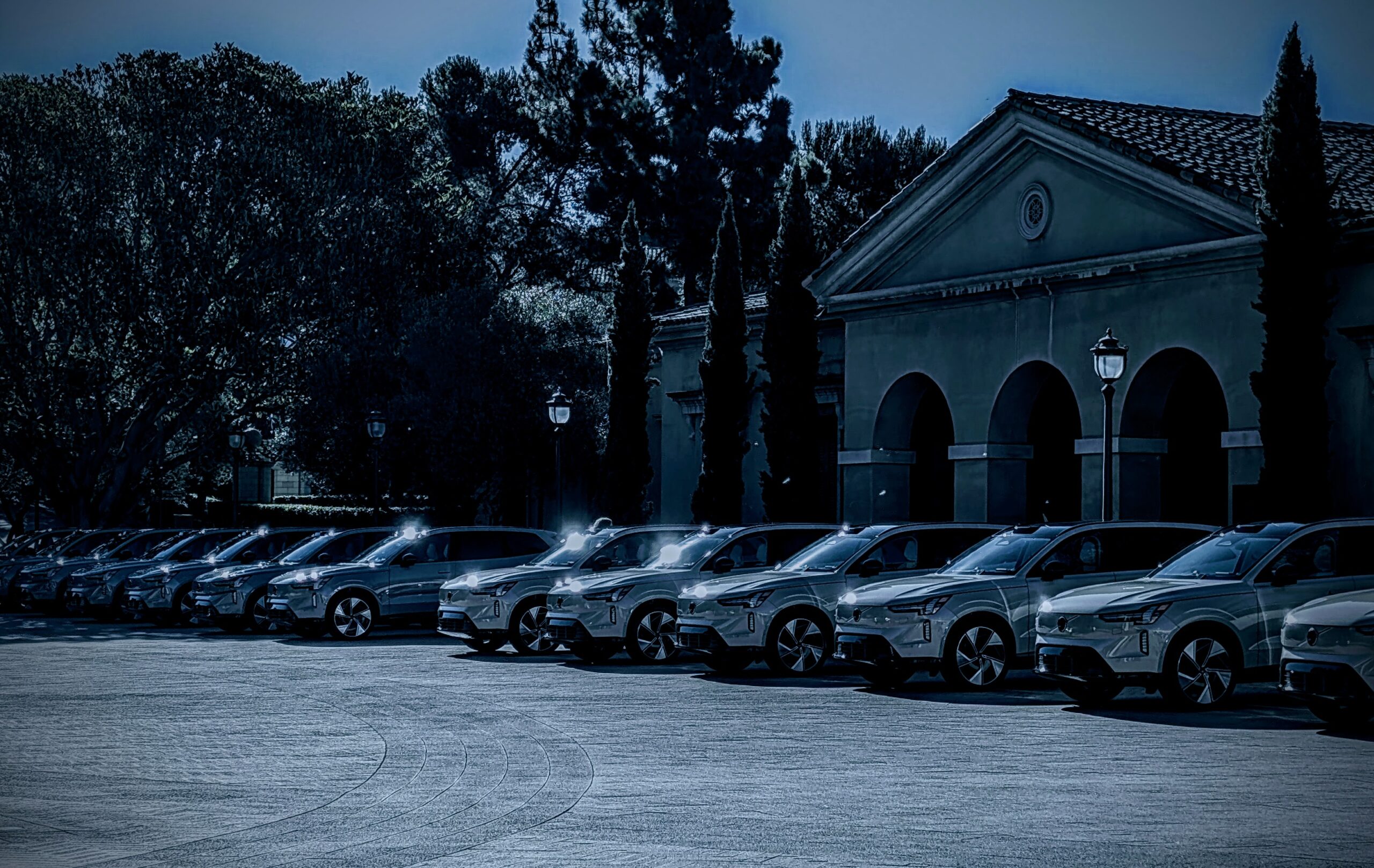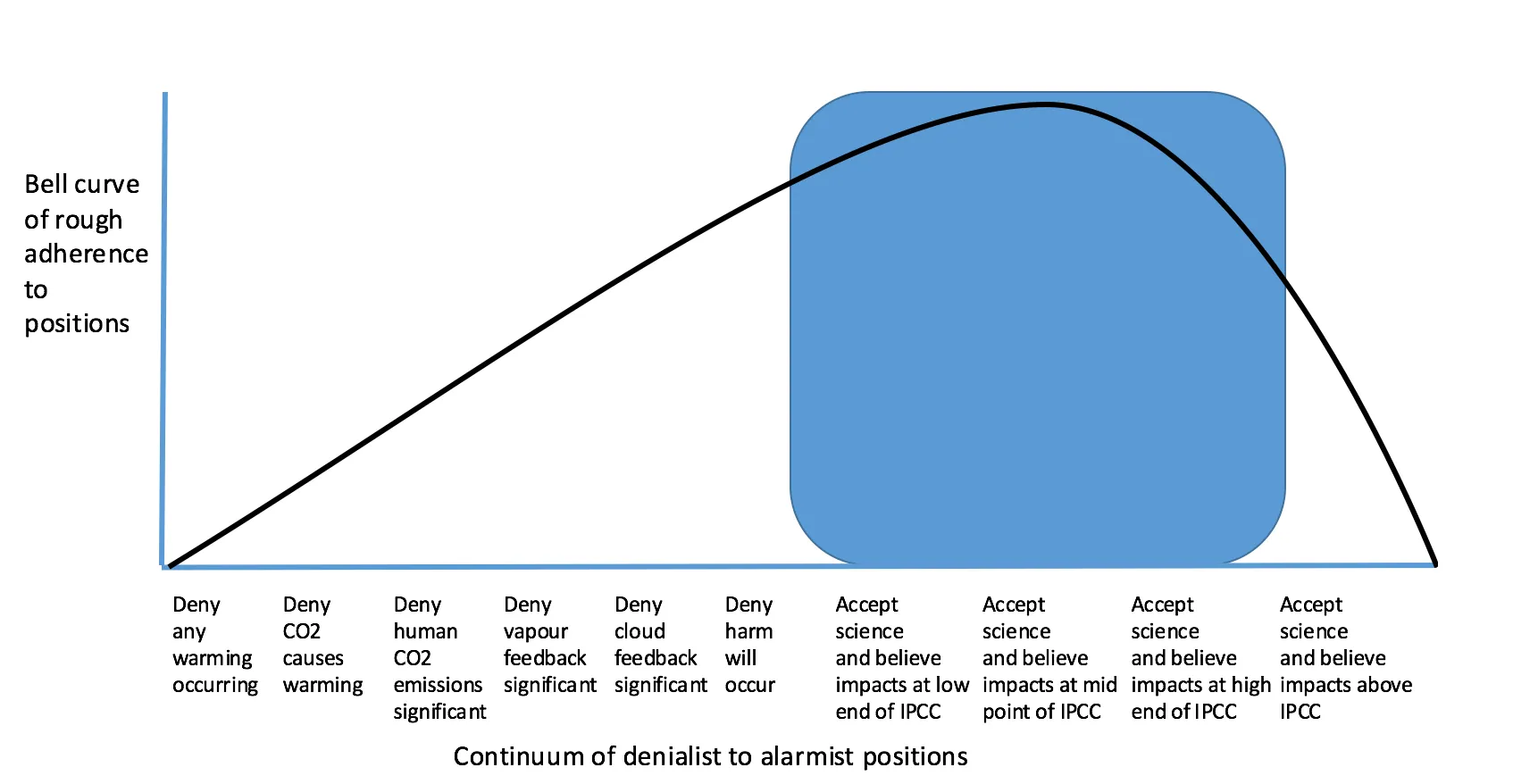
Pierre Poilievre is leading anti-carbon tax rallies around the country, ginning up support for an old-fashioned tax revolt. In response, Justin Trudeau recently went to Calgary and trumpeted—what’s this?—his love of free markets. Contrasting the economic logic of using a carbon tax instead of regulatory approaches for reducing greenhouse gases, the prime minister slammed the latter: “But they all involve the heavy hand of government. I prefer a cleaner solution, a market-based solution and that is, if you’re behaving in a way that causes pollution, you should pay.” He added that the Conservatives would instead rely on the “heavy hand of government through regulation and subsidies to pick winners and losers in the economy as opposed to trusting the market.”
Amen to that. But someone should tell Trudeau that his own government’s Emission Reduction Plan mainly consists of heavy-handed regulations, subsidies, mandates and winner-picking grants. Within its 240 pages one finds, yes, a carbon tax. But also 139 additional policies including Clean Fuels Regulations, an electric vehicle mandate that will ban gasoline cars by 2035, aggressive fuel economy standards that will hike their cost in the meantime, costly new emission targets specifically for the oil and gas, agriculture, heavy industry and waste management sectors, onerous new energy efficiency requirements both for new buildings and renovations of existing buildings, new electricity grid requirements, and page upon page of subsidy funds for “clean technology” firms and other would-be winners in the sunlit uplands of the new green economy.
Does Trudeau oppose any of that? Hardly. But if he does, he could prove his bona fides regarding carbon pricing by admitting that the economic logic only applies to a carbon tax when used on its own. He doesn’t get to boast of the elegance of market mechanisms on behalf of a policy package that starts with a price signal then destroys it with a massive regulatory apparatus.
Trudeau also tried to warm his Alberta audience up to the carbon tax by invoking the menace of mild weather and forest fires. In fairness it was an unusual February in Calgary (which is obviously a sign of the climate emergency because we never used to get those). The month began with a week of above-zero temperatures hitting 5 degrees Celsius at one point, then there was a brief cold snap before Valentine’s Day, then the daytime highs soared to the low teens for nine days and the month finished with soupy above zero conditions. Weird.
Oops, that was 1981.
This year was weirder—February highs were above zero for 25 out of 28 days, 8 of which were even above 10 degrees C.
Oops again, that was 1991. Granted, February 2024 also had its mild patches, but not like the old days.
Of course, back then warm weather was just weather. Now it’s a climate emergency and Canadians demand action. Except they don’t want to pay for it, which is the main problem for politicians when trying to come up with a climate policy that’s both effective and affordable. You only get to pick one, and in practise we typically end up zero for two. You can claim your policy will yield deep decarbonization while boosting the economy, which almost every politician in every western country has spent decades doing, but it’s not true. With current technology, affordable policies yield only small temporary emission reductions. Population and economic growth swamp their effects over time, which is why mainstream economists have long argued that while we can eliminate some low-value emissions, for the most part we will just have to live with climate change because trying to stop it would cost far more than it’s worth.
Meanwhile the policy pantomime continues. Poilievre’s anti-carbon tax rallies are popular, but what happens after we axe the tax? If he plans to replace it with regulatory measures aimed at achieving the same emission cuts he should tell his rally-goers that what he has in mind will hit them even harder than the tax they’re so keen to scrap.
But maybe he has the courage to do the sensible thing and follow the mainstream economics advice. If he wants to be honest with Canadians, he must explain that the affordable options will not get us to the Paris target, let alone net-zero, and even if they did, what Canada does will have no effect on the global climate because we’re such small players. Maybe new technologies will appear over the next decade that change the economics, but until that day we’re better off fixing our growth problems, getting the cost of living down and continuing to be resilient to all the weather variations Canadians have always faced.
Share This:




